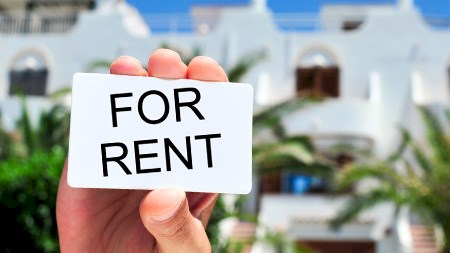Advice on how to set a rental amount, what could go wrong and what the tax implications of rental income are.
Regarding rental payment… Here are some guidelines:
Generally rent must be paid in money.
A rule-of-thumb that is used is that the rental is usually calculated at 1% of the property value, however the rental market may dictate otherwise, and you may find that at certain times during an economic cycle you may not be able to ask as much as 1%.
Rent must be fixed at a definite sum, i.e. R 7 000.00 per month.
The escalation in the rental should be reasonable.
Rent can either be payable in advance or in arrears, although payment in advance is most common and safest.
It must be paid at the place agreed upon in the lease agreement, i.e. into a specific bank account, or in cash at the physical address of the rental property.
The landlord has to provide the tenant with a written receipt for all payments received. It must contain the date, address of the rented property, the amount paid, what it was for i.e. deposit, arrears, rent, etc. as well as the period for which the payment is made.
The deposit is normally equal to one month's rental and belongs to the lessee (tenant), however it can be used to recover damages at the end of the lease agreement.
NEVER allow the tenant to use the deposit as the last months’ rent. If you need to recover damages it is highly unlikely that you will be able to claim the money back from the tenant once he has left your property.
Things that could go wrong:
You may lose rental income for a month or longer while you are between tenants. Make sure that you are financially able to survive this.
You may experience a decrease in rental income due to various factors, such as worsening economic conditions or an increase in the supply of rented accommodation in your area, which brings down the rental rates because of increased competition.
The location of your property could decline in popularity, meaning that you will experience a decline in your monthly rental income.
There are always unexpected problems that arise, i.e. a burst geyser, leaking taps, faulty stoves and other general maintenance costs.
Interest rates can go up, which will result in an increase in your monthly home loan instalments. It is not always that easy to increase your rental income accordingly.
Tenants may pay late, or not at all.
Tax Implications
Any rental income received becomes part of your personal or business income which means you are liable for tax on the income received. Certain expenses can be written off against the income you derived from the rental. Please consult a tax adviser to assist you when doing your tax returns.
Insurance Cover to Protect Landlords
Certain Long-term Assurance Companies are providing insurance cover for landlords who want to safeguard themselves in terms of rental income losses and legal costs due to defaulting or absconding tenants.
The insurance policy will cover a certain amount of the legal costs as well as a number of months rent to assist the landlord financially during the eviction process.
For more information speak to your a Licensed Financial Services Provider or your Insurance Broker.
This article originally appeared in Property Power 11th Edition Magazine. To order your copy at the discounted price of R120 click here.


